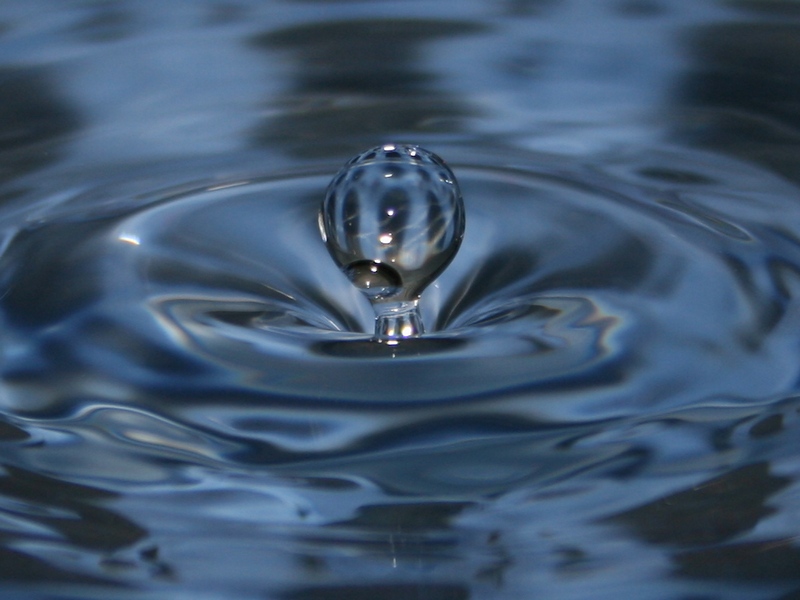
A new study published in the American Journal of Public Health has concluded that a superior alternative to California’s water conservation efforts may be the use of alternative water sources, namely recycled water. The study systematically evaluated the various ways California accesses water, such as through desalination. It then analyzed the energy costs of each option and its impact on environmental conditions and public health. The study determined that boosting recycled water use would be the most productive means of reducing water and energy consumption. Moreover, recycled water is regarded by many experts as a necessary step in ensuring adequate water supplies for a swelling population, particularly when preparing for potential drought conditions in the future.
Certain regions in California have already begun implementing recycled water systems. In Orange County, 100 million gallons of wastewater are recycled daily through aquifiers. In the Bay Area, the Dublin San Ramon Services District and the Santa Clara Valley Water District are investigating purification systems that filter sewer water for consumption. The recycled sewer water has already been made suitable for irrigation purposes. Currently, however, many urban areas lack the technological capabilities to recycle water for major irrigation systems.
California would benefit substantially from the increased growth of recycled water facilities. Water pumped into the state is a substantial strain on the state’s resources. Approximately 20 percent of California’s energy use is allocated to treating and delivering water. Every year the transport process generates around 4 million tons of greenhouse gas emissions. The effects of climate change further compounds the dilemmas posed by the state’s water shortage.
Environmental experts maintain that many more districts should be seeking ways to use the hundreds of billions of gallons of treated wastewater disposed of in the Pacific Ocean. They emphasize the additional public health benefits associated with recycled water, including helping cities decrease air pollution and preserve expansive green spaces.
Contact Shane Coons at 949-333-0900 or visit his website at www.ShaneCoonsLaw.com to find out more about his practice.
